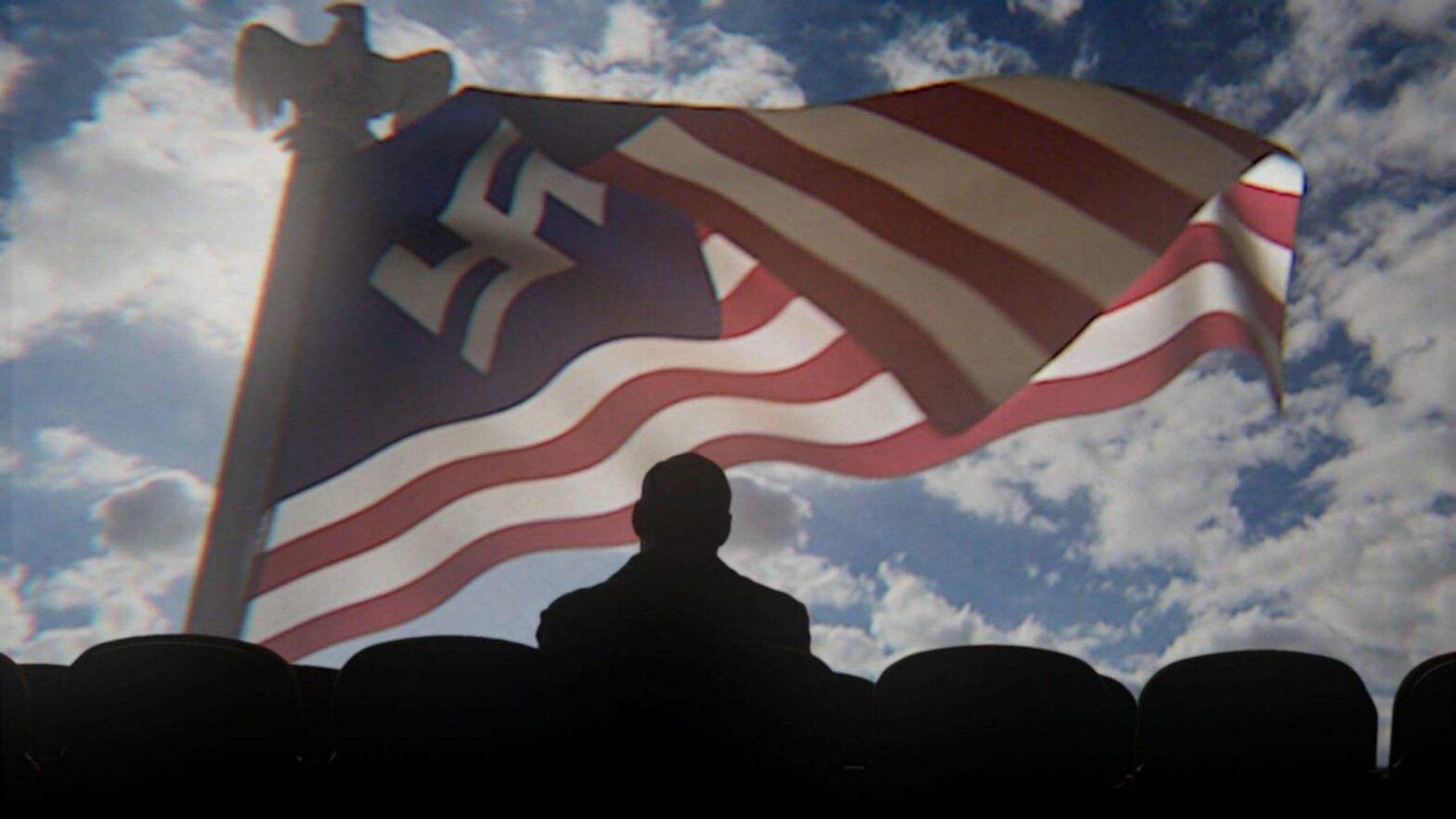The first time I read The Man in the High Castle, I was disappointed in it.
It was only the second Philip K. Dick novel I had read (the first was Do Androids Dream of Electric Sheep?), and I closed the book thinking, “Is that all there is? It just ends there? Really?” I had read, and enjoyed, Robert Harris’ Fatherland, and I found Dick’s novel lacking in comparison to that. Compared to Fatherland (in which an SS officer in the 1960s uncovers a conspiracy that leads to the discovery of the Holocaust), High Castle seemed almost plotless.
Why, I wondered, was High Castle considered such an alternative history classic? I found its entire situation implausible. Fatherland was somewhat believable; had things gone differently, the Germans might have achieved victory on the Eastern Front. But High Castle was far beyond that; I simply couldn’t envision any way that Germany and Japan could have conquered the United States, not even with the hints in the novel that the 1930s in the story were worse for the United States than they were in real life. The United States had a larger population, Germany and Japan would have had to cross oceans, I couldn’t make it work in my head.
A few years later I revisited the book. The proximate cause was the publication of the two chapters to Dick’s unfinished sequel in a collection edited by Lawrence Sutin. The second time, I began to see what Dick was getting at in The Man in the High Castle. The realism of the history was beside the point. Even the plot was beside the point. (It’s not obvious on the first reading, but the story Dick tells isn’t exactly linear. Juliana’s storyline doesn’t happen at the same time or the same pace as the others.) What Dick was exploring was the human capacity to accomodate our surroundings, to compromise ourselves, our desires and our dreams, to what’s around us.
In other words, if, in 1946 or 1947, Nazi Germany had launched a V-4 rocket and incinerated Washington in a mushroom cloud, if the United States had capitulated and allowed the Germans to take control, life would have gone on, just as it did in France and Denmark and all the other countries the Germans overran.
Then I began to see, maybe not a path that made Dick’s history plausible, but signposts along the way. Roosevelt dies, the New Deal fails, the Great Depression gets worse. Absent Roosevelt, Lend/Lease never happens. Britain and Russia flail. Russia capitulates. A demoralized and disspirited United States is drawn into a Pacific War. Capitulation Day.
I revisited High Castle again several years ago, shortly after reading David R. George’s McCoy: Provenance of Shadows. If I squinted just so, I could almost imagine the alternate timeline there almost matched to High Castle. (They don’t. They’re not even especially close.) This time, I could see some superficial similarities to a Harry Turtledove alternate history. Like one of the interminable “Southern Victory” novels, High Castle isn’t about the people making the big decisions. It’s about the individuals, caught up in events that stretch far beyond them. It’s historical storytelling on a micro-level rather than the macro-level.
High Castle isn’t my favorite Philip K. Dick novel. It might make my top five. The ending may be one of the bleakest things he ever wrote; how does the final revelation benefit anyone, let alone be something that anyone can act upon?
I want to see the television series, which judging by reviews, gets it, but not at the cost of buying Amazon Prime. I imagine there will be a home video release at some point, and I can wait for that day.
At very least, this will give me time to read the book again. 🙂
